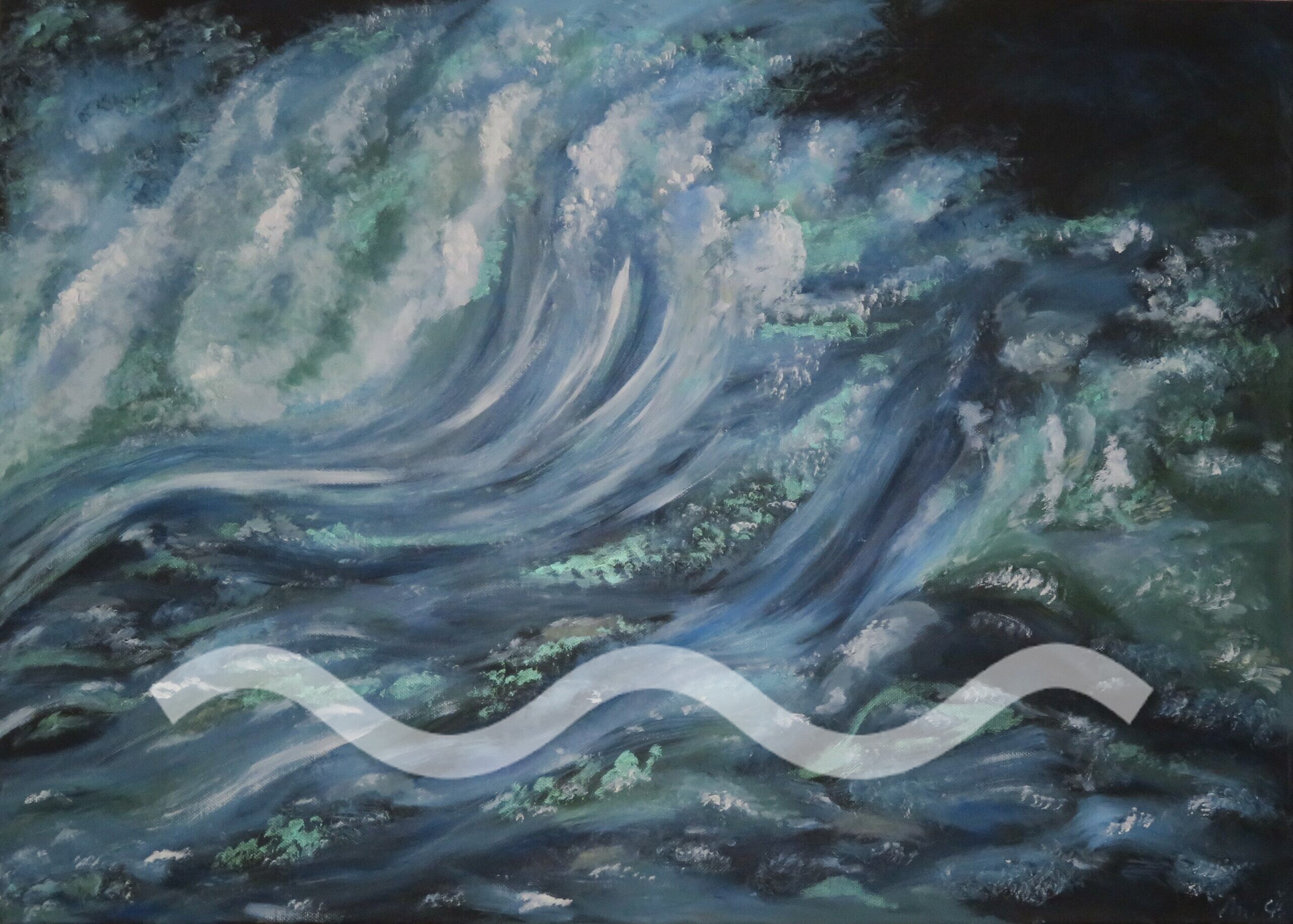Two Philosophers Explain what Inside out Gets Mistaken in Regards to T…
페이지 정보
작성자 Elijah Gilyard 작성일 25-08-16 01:38 조회 6 댓글 0본문
WARNING: SPOILERS Below. THEY’RE NOT Big SPOILERS, Although. Inside Out, the latest from Disney-Pixar, is an adventure into the great depths of the human mind. But it’s not set within the mind; it’s set in a fantasy world that represents the summary structure of the thoughts by way of towering structure and colorful landscaping. It’s an immensely intelligent idea, and makes for a humorous and moving movie. However it’s not how the thoughts truly works at all. This is obviously true within the literal sense. Actual 11-yr-previous ladies don’t have a gleaming management center staffed by five key feelings - Anger, Disgust, Fear, Sadness, and Joy, with Joy as captain of the ship - managing their moods and behaviors like Inside Out’s protagonist, Riley, does; the mind doesn’t retailer recollections in glowing orbs before consigning them to the bottom of the cavernous Subconscious, where they eventually disintegrate into wisps of grey smoke. But the elements of Riley’s mind don’t work properly as metaphors for a way actual minds operate, either.
Right here are a few things in regards to the mind that Inside Out gets, effectively - inside out. The luminous colorful orbs filling the halls of Riley’s thoughts are meant to represent her episodic memories - her recollections of specific previous events in her life. The way in which Inside Out portrays it, recall of episodic memory works quite a bit like enjoying a video on your iPhone - together with two-finger-swipe multi-touch dynamics. If we took this image actually, you’d think that episodic memories were perfect audiovisual records, available for scrutiny and fine scrubbing each time they’re wanted. However we know now that episodic memory recall is way, a lot messier than that. Even everyday recall of previous episodes in your life is more like imperfect reconstruction than hello-def playback. The truth is, the process is so inventive as to turn into distorting: The extra you recall a given memory, the less accurate it turns into. Simply calling to mind one thing that occurred to you up to now will change your memory of that occasion, just somewhat bit.
Those revisions can accumulate over the course of many instances of recall. The more you try to remember, the much less you truly remember. The science of memory distortion is properly developed. You'll be able to come to assume you noticed a person in a single context if you actually saw her in another. In one notable case in history, a rail ticket agent identified a sailor in a lineup as the one that had physically assaulted him, when actually that sailor was only a previous buyer. The way in which you’re asked about what you remember can manipulate the features of the memory itself. If you’re requested to estimate how fast a automotive was going when it "smashed" into another, you’re prone to "recall" a better speed than you'll if you happen to had been asked how briskly it was going when it "hit" another automobile. Even simply imagining what an experience could be like can implant a completely false memory of that expertise in you. So it’s misleading, cognitive enhancement tool to say the least, to represent episodic recollections as hello-def data (of issues that really occurred) which are crystallized forevermore in discrete capsules.

It’s visually stunning, and it makes for easy transportation of Riley’s core reminiscences on the great journey Joy and Sadness take by way of the depths of her mind. The parts the place Sadness (Phyllis Smith) transforms recollections? Those are fairly close to proper. After all, there's one way during which memories change in Inside Out: They alter their emotional valence, or how they make Riley really feel. That’s what happens when Sadness touches Riley’s recollections and turns them blue: she’s changing comfortable reminiscences to sad ones. That’s an important level that the film will get proper, as Columbia psychologist Daphna Shohamy notes: Revisiting a memory in a brand new context can change your emotions about that past event in your life. However then, after all, there’s the forgetting. Information don’t simply vanish into skinny air at the underside of your subconscious. Generally forgetting is a matter of letting a memory file fall into disuse, a lot so that the neural pathway to that report will get misplaced.
The wiring of your mind can change so that even if there’s a stable episodic memory of some occasion hanging out someplace in there, you possibly can no longer attain it. Here’s a loose analogy: Imagine that you’ve stashed a secret file someplace within the forest that can be reached by hiking down a trail. Should you don’t go to gather that file for a long time, Memory Wave the thicket will take over that pathway, the path melding indiscriminately into the forest, and also you won’t be able to find your strategy to that file any extra. For the pc nerds: Forgetting will be like shedding a pointer instead of scrambling what’s inscribed on the hardware. A few of these issues of confabulation and distortion might nicely be familiar from the hit podcast Serial. The science of memory plays an enormous position in figuring out the reality when eyewitness accounts are at issue. If you want to learn more about memory, you may take a look at the work of the Schacter Memory Lab, led by Daniel Schacter, the William R. Kenan Jr. professor of psychology at Harvard University.
- 이전글 Everything You Need To Know About Buy Counterfeit Money
- 다음글 Guide To Windows And Doors Aluminium: The Intermediate Guide The Steps To Windows And Doors Aluminium
댓글목록 0
등록된 댓글이 없습니다.